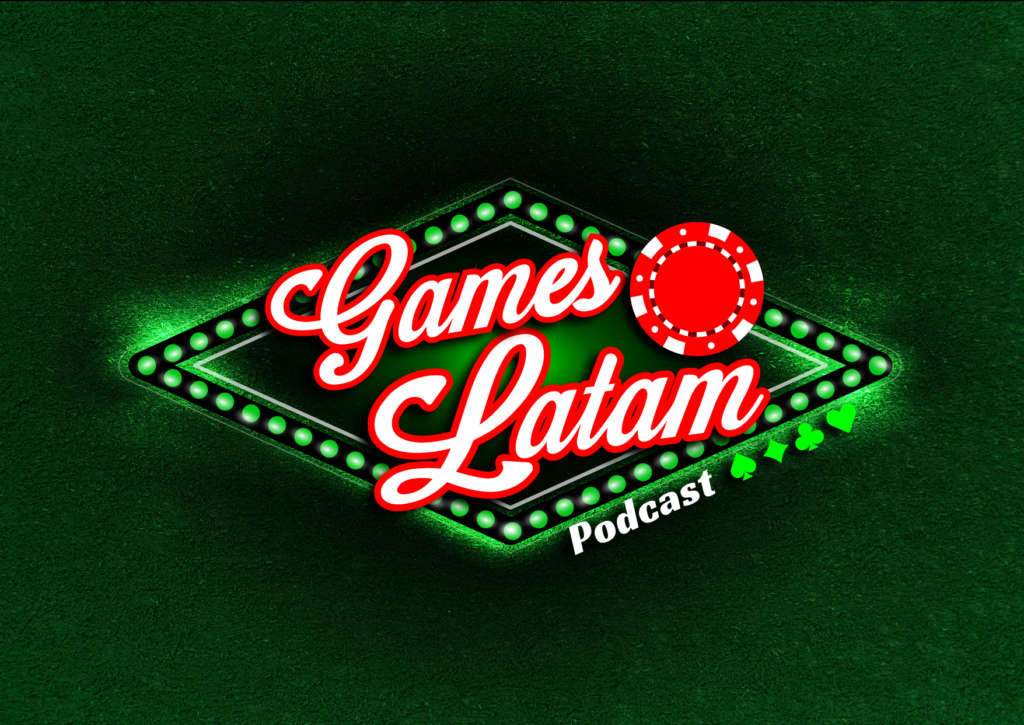Brazil’s emerging betting market is seeing a wave of operator withdrawals as high licensing costs and complex regulations pose serious barriers. With the market set to officially launch on January 1, 2025, several operators have opted out, citing unsustainable expenses and uncertain profitability. As Brazil’s legal landscape unfolds, industry insiders anticipate that only the largest operators will have the resources to thrive, potentially leading to a wave of mergers and acquisitions in the coming months.
Brazil Betting Market Shrinks: Operators Withdraw Before 2025 Launch
As Brazil inches closer to the launch of its regulated betting market on January 1, 2025, the initial enthusiasm among operators has tempered, with many reconsidering their position due to high regulatory costs and compliance demands. While the Secretariat of Prizes and Bets initially received strong interest—113 applications by the August deadline—the number of registered operators grew to 273 by November. However, at least 20 operators have now withdrawn, including high-profile brands like Betway, Arena Esportiva, and Vera&John, owned by Bally’s Corporation.
Super Group, the parent company of Betway, highlighted these concerns in a recent Q3 earnings call. Richard Hasson, Super Group’s president and chief commercial officer, explained the decision to withdraw by stating that the company prioritizes markets where a clear path to profitability exists. “Brazil is obviously being spoken about a lot across the industry at the moment,” Hasson noted. “That’s a market where we are not currently proceeding… We want to ensure that we can identify the same path to profitability once we go live.” Super Group’s decision to focus on its successful African operations instead signals a strategic pivot away from Brazil’s crowded landscape, where giants like Flutter Entertainment and Bet365 are set to dominate.
Key Points from Brazil’s Betting Market Shift
- High Costs and Regulatory Hurdles Impact Operator Interest
The newly outlined regulatory framework in Brazil has presented significant financial barriers for operators. According to Normative Ordinance No 722, companies must pay a substantial BRL30 million licensing fee (approximately $5.3 million) to operate up to three skins, or branded online platforms, under each license. Beyond this upfront cost, operators are required to comply with rigorous technical standards, undergo regular audits, and meet certification requirements. These financial and operational burdens have led smaller operators to question the feasibility of entering the market, with some applying initially to avoid enforcement action but withdrawing as costs became clearer. - Potential for Mergers and Acquisitions (M&A)
The high costs associated with the Brazilian licensing process may pave the way for an M&A boom. With smaller operators struggling to sustain themselves, they may become attractive targets for larger companies looking to expand. Adam Patterson, economist and partner at Redirection International, commented that the regulatory environment could drive a wave of consolidation. “The trend towards M&A activities is driven in part by the substantial regulatory costs associated with the licensing process,” he noted, highlighting that these costs could make acquisitions a more viable option than independent entry for smaller brands. This scenario positions larger players to buy out local operators, integrating them into their existing operations and benefiting from established customer bases. - Concerns Over Market Saturation and Profitability
As leading global operators like Flutter and Bet365 enter the Brazilian market, questions around market saturation and the competitive landscape arise. Smaller operators face not only the challenges of meeting stringent regulatory requirements but also of competing against well-capitalized firms with the resources to navigate Brazil’s demanding regulatory system. This market dynamic has led many to reassess their potential for profitability, resulting in an increasing number of withdrawals as companies choose to allocate their resources elsewhere.
Implications for Brazil’s Betting Industry
Brazil’s gambling regulation has evolved significantly, with a comprehensive framework aimed at ensuring industry integrity and protecting consumers. However, the financial and operational expectations laid out by the government are proving to be prohibitive for many operators. For smaller companies, the BRL30 million license fee and associated costs make sustained operation challenging, while larger brands see an opportunity to dominate through acquisitions or strategic alliances. This evolving landscape suggests that Brazil’s betting market may consolidate faster than anticipated, creating a field dominated by a few large players.
The industry’s restructuring also highlights Brazil’s role as a testing ground for regulatory impact. Should the predicted M&A wave occur, it may serve as a case study for other jurisdictions considering similar regulatory approaches, underscoring the challenges and consequences of high-barrier market entry models.
With Brazil’s betting market set to launch in 2025, the high regulatory costs and stringent compliance measures are prompting a strategic retreat among smaller operators. As major brands like Betway and others exit the market, industry analysts predict a consolidation wave, driven by larger firms acquiring local players to strengthen their foothold. This reshaping of Brazil’s gambling landscape underscores the challenges smaller operators face in highly regulated environments and sets the stage for a competitive, albeit more consolidated, market landscape in the months ahead.
The post Brazil’s Operators Withdraw Before Licensing Deadline appeared first on Gamingo News.
Brazil’s emerging betting market is seeing a wave of operator withdrawals as high licensing costs and complex regulations pose serious barriers. With the market set to officially launch on January 1, 2025, several operators have opted out, citing unsustainable expenses and uncertain profitability. As Brazil’s legal landscape unfolds, industry insiders anticipate that only the largest
The post Brazil’s Operators Withdraw Before Licensing Deadline appeared first on Gamingo News.
Participe da IGI Expo 2026: https://igi-expo.com/












